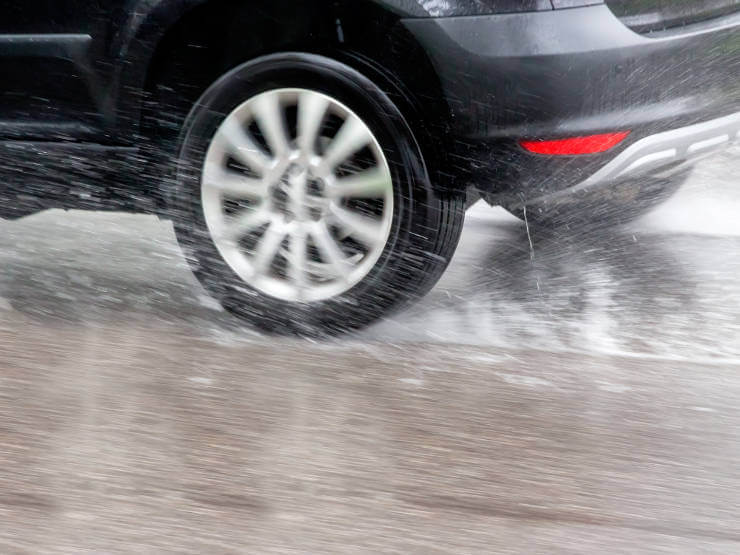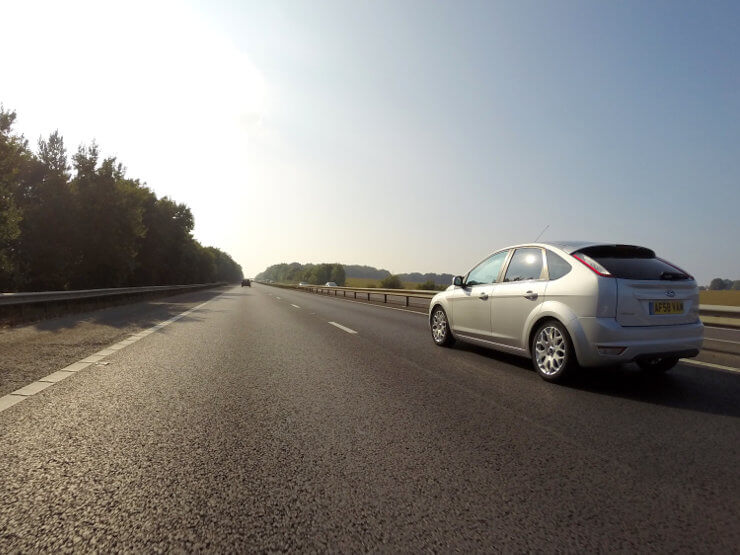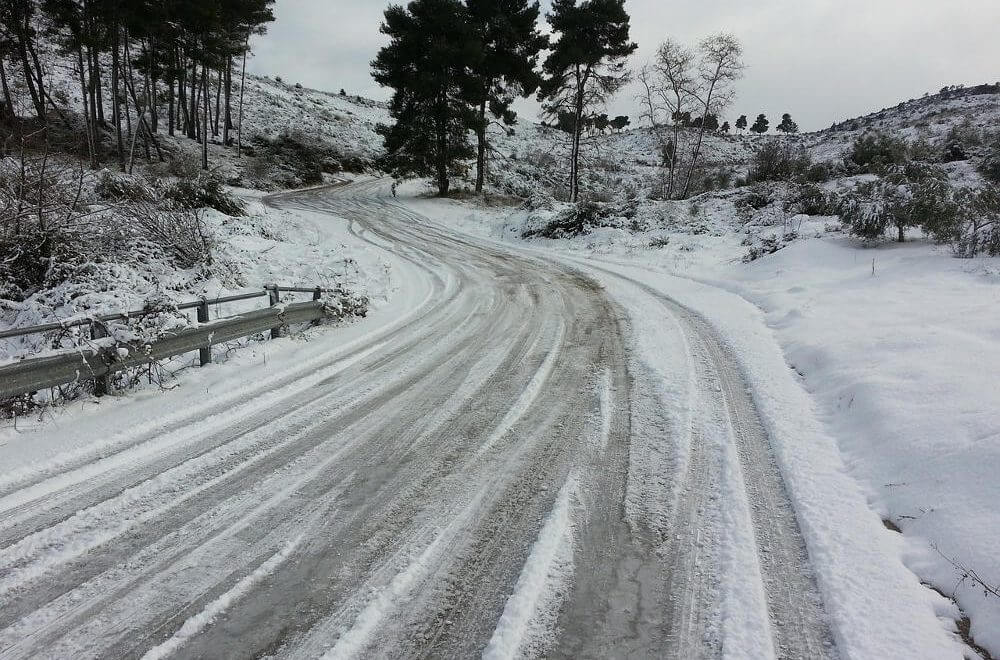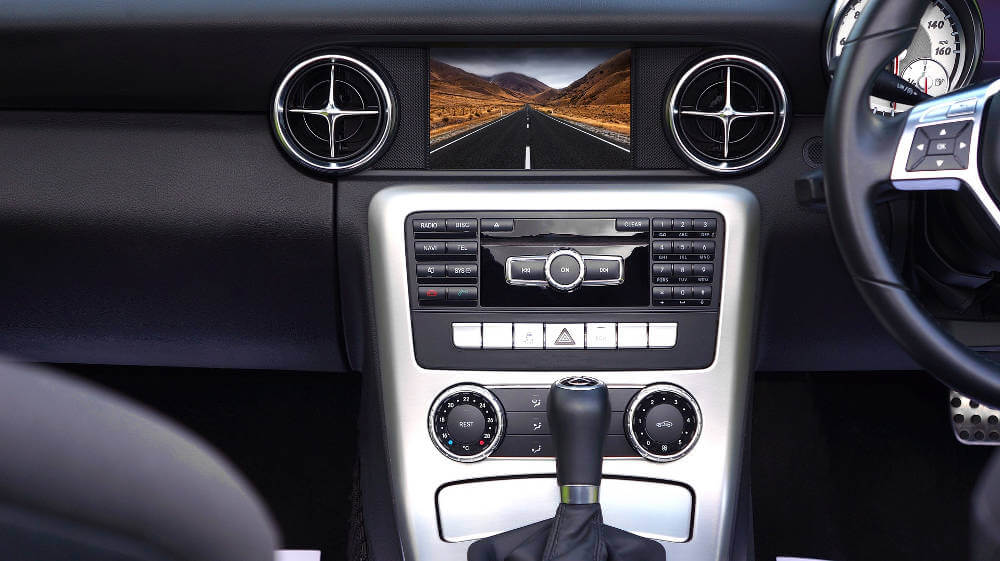Box junctions & slow-moving traffic
It is a question that comes up often during driving lessons and not just from new drivers but also from those who ask for a reminder of some of the rules. We thought we would run a quick refresher this month, covering two important elements of driving that are particularly applicable in urban areas: box junctions and dealing with slow-moving traffic.Read more










